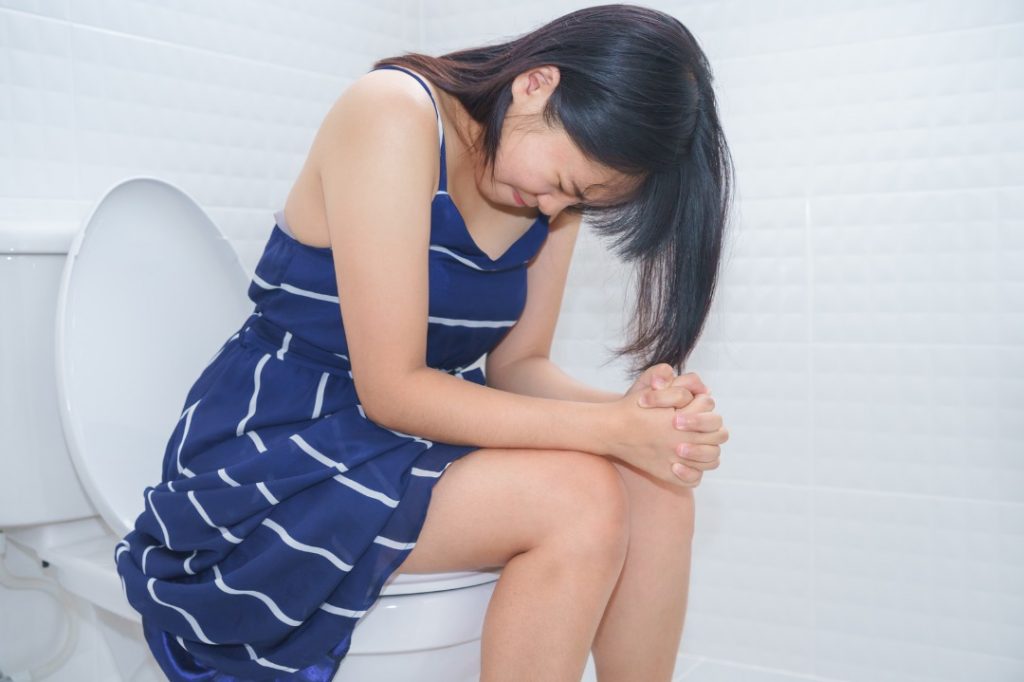Asher yatzar
It was one of those boring weekends with no plans at all. The lockdown and social distancing engendered by the coronavirus pandemic was gradually easing out, and people were beginning to enjoy minimal social activities again, especially on weekends like this particular one, but not me.
Well, I am hypochondriac, or so some doctors have said. I wasn’t going to take any chances with my health, by risking it for a few laughs or bottle of drinks. I worked from home and avoided all kinds of gathering to the extent possible.
I was seated alone in the basement of my house when my neighbour Asher came to join me. Asher was scarcely ever around, but when he was, we always had a lot to talk about. This Saturday wasn’t any different. We talked about the pandemic, work, travel, family and religion. Oh, our discussions on religion were always very animated; we are often thrilled about the differences that existed in our different religions.
Asher was born to a Nigerian mother and a Jewish father, and his religion is Judaism. He was explaining variations and meanings of his name to me when the phrase ‘’ Asher Yatzar’’ came up.
Asher yatzar (Hebrew: בִּרְכַּת אֲשֶׁר יָצַר “Who has formed man”) is a blessing in Judaism. It is recited after engaging in the act of excretion or urination.
The purpose of this blessing is to thank God for good health. It expresses thanks for having the ability to excrete, for, without it, existence would be impossible. Though recited normally by observant Jews each time excretory functions are used, it is also recited during the Shacharit service due to its spiritual significance (to Jews, humans are made in God’s image, so it is an expression of awe toward God’s creations).
As Asher went on and on, explaining the concept of ‘’Asher yatzar’’ to me, he noticed I was no longer paying attention, as my mind had wandered, travelled down the years, to a faraway time, when I always, had to pray and pray before, during and after excreting.
I told Asher that I observe ‘’ Asher yatzar’’ too and saw his face lit up with surprise, or disbelieve, maybe.
My most earnest prayers have been said in the walls of a toilet or the cabin of an aeroplane, I explained to Asher. He adjusted in his seat, now facing me directly and nudging me on with his gesture, to explain what I meant.
In 2001, I had started living on my own for the first time as a university undergraduate. Bread was a staple part of my diet, both for convenience and because I really enjoyed eating bread, I still do. I started noticing, a few months later, that it was a herculean task to pass stool every time I ate bread, yet my love for bread prevailed.
My inability to stool overtly progressed to anytime I wanted to, irrespective of what I ate. I will spend up to an hour, two, sometimes much longer, struggling in excruciating pain to pass stool, and oh, you don’t want to know the aftermath of passing this stool, if I succeeded in getting it out. I will be in so much pain for days, a pain I came to describe as worse than that of a woman in labour pangs.
My dad was very worried about the pain I described and had to travel 4 hours by road to my school to see me. A medical appointment was scheduled, and a few days later, I was seated at the doctor’s office with my dad, for the result of the test that was carried out.
My oh my, poor child, Dr Usoro crooned as he looked through the pile of result on his table. Turning to my dad, he said, “she has really suffered’’, haemorrhoids can be excruciatingly painful. And there, I got my diagnosis, I suffered from haemorrhoids, commonly referred to as ‘’piles’’.
Haemorrhoids (HEM-uh-roids), also called piles, are swollen veins in your anus and lower rectum, similar to varicose veins. Haemorrhoids can develop inside the rectum (internal haemorrhoids) or under the skin around the anus (external haemorrhoids).
What are the causes, my concerned dad asked with a worried look on his face? I can remember her mum suffered the same long before she was born, and had to have surgery.
Oh, a lot of things can make one predisposed to having haemorrhoids, Dr Usoro went on, including genetics. That is why it is not surprising for a mother, child duo to have it. Other causes include; straining during bowel movements, sitting on the toilet for long periods of time, chronic constipation or diarrhoea, a low-fibre diet, pregnancy and often lifting heavy objects.
We will place her on some pain medications and administer enema on her, Dr Usoro continued, and if she still feels pain and constipation after these, we will proceed to the next stage of treatment.
My dad and the doctor were having this discussion as if I was not there. I had to interrupt them at the mention of enema.
An enema administration is a technique used to stimulate stool evacuation. It is a liquid treatment most commonly used to relieve constipation.
Now, the enema is a procedure I was already very familiar with. In fact, this procedure will become a daily routine for me in the coming years. It was practically impossible for me to pass stool, without having an enema. The few times I tried, I ended up in the hospital with bleeding and severe pains from the tears and strains in my anus. I had a commonly used tool that came to be one item I could not leave town without, my blue enema pump.
The Most Trusted Companion
My blue enema pump became my most trusted companion, during my ordeal with haemorrhoids. I always had about 5 at a time and made sure I had one in the homes of close friends and family, where I was ever likely to spend a night. My blue enema pump was always the first thing on my checklist when packing a suitcase for any trip.
I explained to Dr Usoro that I was already used to enemas and that it only sometimes reduces the strain I will have when stooling but never the pain. He insisted the hospital carried out an enema on me.
I went through hell.
(To be continued)






Comments are closed.